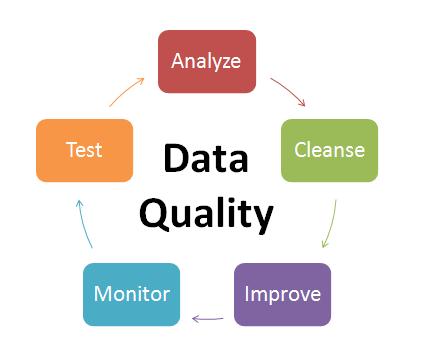 I recently sat down with Raj Manocha, VP of AskingCanadians™, and Craig Tothill, Director of IT & Panel Technology, to talk about our experience in ensuring panel integrity. Here’s what they had to say about our approach to ensuring data integrity at AskingCanadians™.
I recently sat down with Raj Manocha, VP of AskingCanadians™, and Craig Tothill, Director of IT & Panel Technology, to talk about our experience in ensuring panel integrity. Here’s what they had to say about our approach to ensuring data integrity at AskingCanadians™.
How do you define data integrity? What does it really mean?
“You can look at it a couple of ways. Because we have relationships with Aeroplan and Hbc Rewards and are loyalty-program based that means all of our people have point cards and we can verify them. You’re getting people who actually are who they are, which gives a secondary level of validity to the data. Combine that with TrueSample and you have something that no one else in Canada really has and that’s a very active community of people who are validated on multiple levels. But even though our members are validated, we also have to ensure their data is good,” said Raj.
“That’s really the second level of data integrity; looking at the data people have provided to us. And to some degree, for some of the information, that’s where TrueSample comes in. Beyond that, we’re constantly looking at the data and doing our best to update or refresh that data that doesn’t seem right,” said Craig.
What are the biggest challenges in ensuring data integrity?
“One of the over-arching issues in Canada is the fact that most panel companies don’t collect a lot of private information from their panellists. Trying to balance the validity of a panellist versus what you collect is always an issue because you’re trying to make sure you don’t infringe on their privacy while still verifying that they are who they say they are.”
“The goal for us is to act as the representative of the client. From a panel level, realistically there isn’t a great end-all-be-all tool that can say the panel is valid. So, we’re trying to test all of these different tools to make sure we have the deepest understanding of what our panellists are like,” Raj said.
How would you describe our approach? What safeguards do we have in place?
“At the survey level we’re doing things now that other companies aren’t doing, such as checks of open ends and flagging those in the data file so companies can decide whether they want to use them or not. On a survey level we also put in dummy questions to make sure people are answering properly. We’ve even gone so far as to call people to validate their answers off line. It just gives that extra level of confidence in the fact you can trust online data,” Raj said.
“We also do things like checking the panel for variations of the same person and that’s where the loyalty card base helps us out. That type of base helps us to continually comb through our panel to ensure we have unique people in the panel,” Craig said.
“The other thing we’re doing which is new in the industry is over communicating with panellists. A lot of times we treat the panel as this kind of robotic thing where we’re just getting data from it. But if we don’t explain to panellists, for example, the importance of open ends, then they don’t understand the value of it. So that two-way dialogue is really very important,” Raj added.